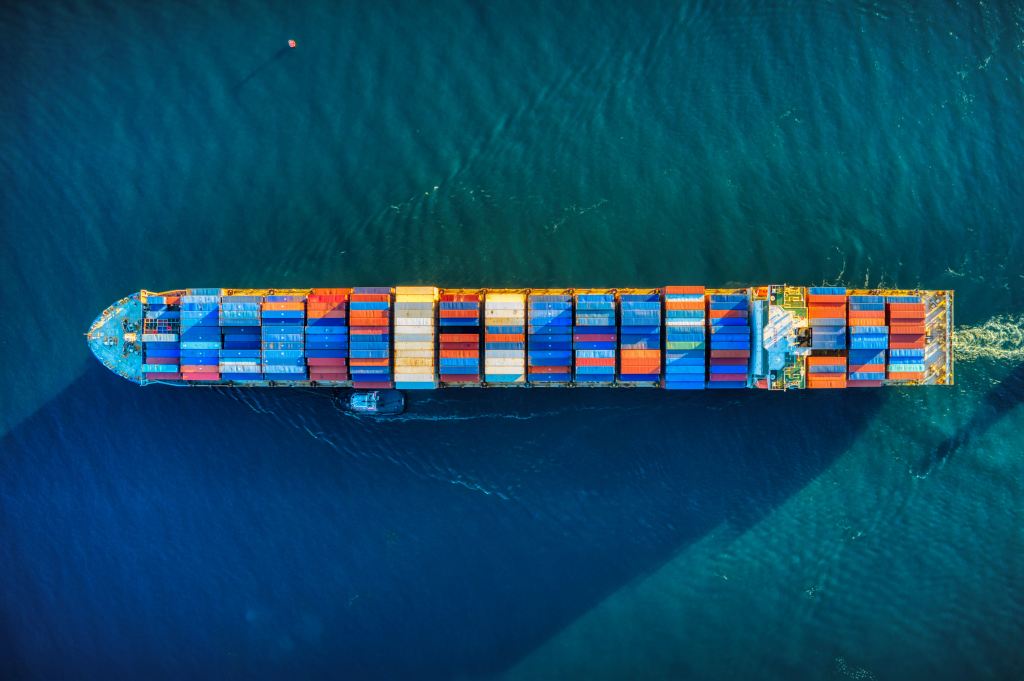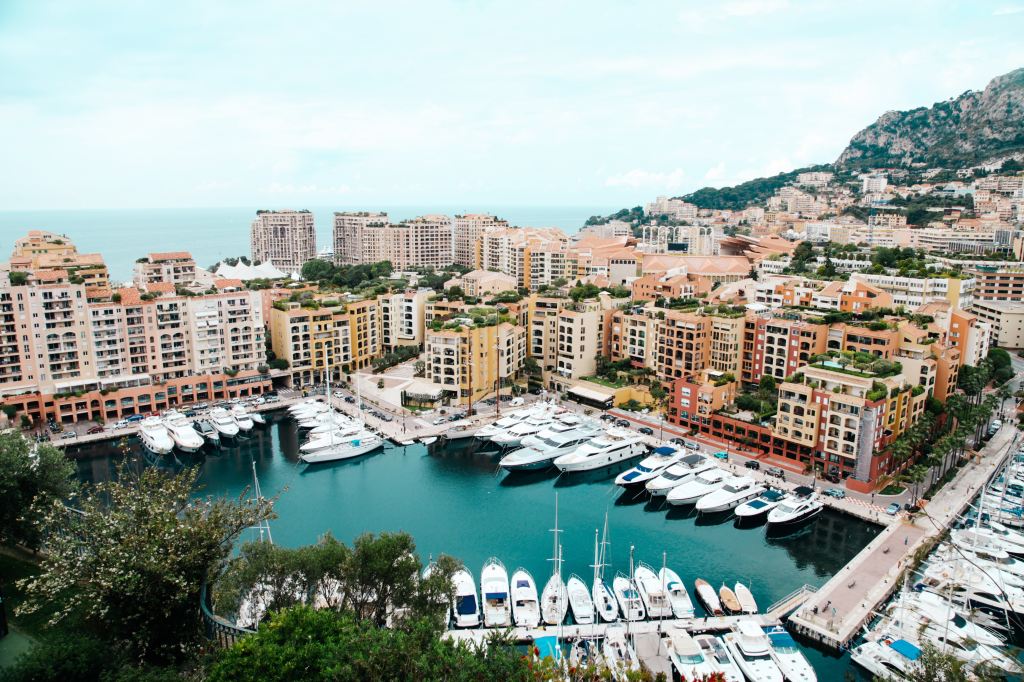In June 2017 the UCL European Institute hosted a public discussion on the impact of Brexit on fisheries and maritime policy. Aaron Brown, a skipper from pro-Brexit campaign group Fishing for Leave, was one of the speakers. Here, he outlines why Brexit could be a boon for UK fishermen, coastal communities and the wider economy. He stresses, however, that it is down to the government to act decisively in seizing this opportunity.
With Brexit comes a golden opportunity. If we act decisively we can repatriate one of our nation’s greatest renewable resources, revitalise an industry of critical significance to coastal communities, and boost our nation’s food security. But there is a grave danger that all this will be sacrificed once again, squandered on vested interests, or wasted for political convenience (or appeasement to the EU).
In our extensive policy book, The Brexit Textbook on Fisheries, Fishing for Leave has detailed the necessary process of constitutional extrication, as well as the fit-for-purpose post-Brexit fishing policy, which is required to ensure that we manage our fisheries and rejuvenate the industry and coastal communities in the years to come.
Research undertaken by Fishing for Leave, based on European Commission data, shows the huge level of resources that the EU has been catching in UK waters – and hence the fair share of the internationally agreed Total Allowable Catches (TAC) the UK will have after we leave the Common Fisheries Policy (CFP) behind.
Because the UK accepted the CFP clause of “equal access to a common resource” in the 1973 UK Treaty of Accession, the rest of the EU now has 75% of the TACs in the ICES fisheries zones around the British Isles, despite the UK having 48% of the sea area.
The data also shows that the EU catches 59% of the fish in UK waters, which is worth around £2.8bn in net-to-plate value. The UK catches 15% of its fish in EU waters while the EU catches a whopping 54% in UK waters. Put simply, the majority of EU fish are caught in British waters, not least due to the predominance of the richest grounds in our waters. In return, Britain receives a poor deal.
Using UK government data, we have shown that, if we take back control of our resources, fishing could be worth £6.3bn (net-to-plate) to the UK economy and create and tens of thousands of new jobs each year. That is without counting the ancillary industries and jobs which are created by a vibrant fishing fleet.
Upon joining the EEC, the government gave away our fisheries resources, which at 732,470 km² are three times the size of our land mass. Our Treaty of Accession abjectly betrayed UK fishing by accepting the embryonic CFP, with Edward Heath famously regarding British fishing resources as “expendable” in his desperation to join.
As fisheries were an exclusive EU competence from the very beginning, the CFP consists entirely of regulations, which are directly enforceable under EU law. This is significant because it means the UK will automatically be free of the disastrous CFP when we leave. Article 50, Section 3, clearly states that upon withdrawal: “the treaties shall cease to apply”. This is significant to the whole process, as it means the UK will no longer be bound by EU law after Brexit.
All sovereignty, control and responsibility will consequently return to Westminster, as the UK reverts to international law and domestic legislation. This will give the UK a clean slate on withdrawal, leaving the EU no basis, whether under international treaty law or the Vienna Convention on Treaties, on which to claim continuity of rights. That is because, through the treaties, it is the EU themselves that have agreed to end the CFP.
Fishing for Leave is campaigning vociferously to make sure fishing and Brexit are not betrayed by the Great “Repeal” Bill. This Bill risks entirely negating the clean exit afforded by Article 50. It proposes to transpose the Acquis (the full body of EU law) onto the UK statute book. This would amount to little more than a betrayal of Brexit, as transposing all EU law into UK law would essentially cancel the “treaties shall cease to apply” clause enshrined in Article 50.
As a result, we will throw away our best card. The UK will have adopted the terms of the CFP at its own behest. With the UK having re-adopted EU laws, the EU will be able to argue under international treaty law that the UK is still bound to honour them. This would see the government starting from the status quo, with the continuation of the disastrous CFP granting the EU the rights to continue to fish in UK waters, and hence still catch the majority of our fish.
If the Government really intends to scrap the CFP immediately, then why run the risk of getting into a protracted battle?
With the Government having now served notice on the 1964 London Fisheries Convention, which granted access between six and twelve miles from our shores, it must now also ensure that the automatic repatriation of all sovereignty and control over the entire UK Exclusive Economic Zone (EEZ), defined as 200 miles or the median line from shore, happens with the treaties ceasing to apply.
The government must now look to exempt the fisheries chapters of the Acquis from the Great “Repeal” Bill and ensure that the proposed Fisheries Bill is a watertight, unequivocal replacement for the CFP on the moment of withdrawal. If this happens, then no continuity of rights will be established, and Britain will have regained all her waters and will finally be free to implement environmentally and economically fit-for-purpose national policy to rejuvenate coastal communities devastated by the CFP.
However, failure to do so would squander the golden opportunity to start afresh with UK fisheries policy, giving a worrying signal that the government is all mouth and no trousers when it comes to fishing.
We have this wonderful opportunity to free ourselves of the CFP and right a grievous wrong. For little political or financial capital, we can rebuild a once great industry and rejuvenate coastal communities with the repatriation of billions of pounds’ worth of our own resources. We can end EU quotas which force fishermen to discard hundreds of thousands of tons of quality fish to find the correct composition of species to match their quota. A system such as quotas, which limits fishermen to certain species, cannot work in the UK’s rich, mixed fisheries, as it imposes arbitrary targets based on theoretical data when fishermen cannot help but catch a mix of different species.
Walking away from the CFP would also allow us to implement an Effort Control system, allowing boats to keep what they catch in exchange for limiting their fishing time in hours, meaning vessels would catch less fish but land more with no discards, which in turn would provide more accurate information for scientists.
Such a system would provide a reactive, dynamic and holistic approach to management where we use the real-time data generated to react and work with the fluctuations of the marine environment, rather than impose a rigid human bureaucracy upon it which merely causes excess mortality through discards.
Taking back control our fishing waters will be a major litmus test of Brexit. Doing so will be a beacon of success for the government, but it is imperative that their efforts start immediately.
Aaron Brown is a skipper and representative of Fishing for Leave, an independent pro-Brexit campaign set up by people in the fishing industry.
Note: The views expressed in this post are those of the author, and not of the UCL European Institute, nor of UCL.
Photo by Eva Wilcock on Unsplash





Leave a comment